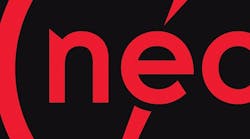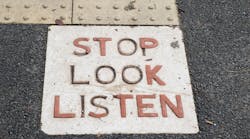You can absorb a toxin through the skin, by swallowing it, or by breathing it. On a Material Data Sheet, those last two are referred to as ingestion and inhalation, respectively.
You can reduce the ingestion hazard by reducing exposure in the first place. For example, don’t eat or drink where the toxin may be present, don’t put your hands in your mouth, wear the recommended PPE, and wash thoroughly after possible exposure (including exposure that may occur during the removal of protective gloves).
The same philosophy of reducing exposure applies to inhalation hazards, though the methods differ.
Toxins that might be ingested or inhaled will have a rating on the material data sheet:
- The “LD50” is how many milligrams per kilogram it takes to kill half the animals who eat it in laboratory testing (Lethal Dose, 50%).
- The “LC50” is the concentration in parts per million of the toxin that kills half the laboratory animals who breathe it.


